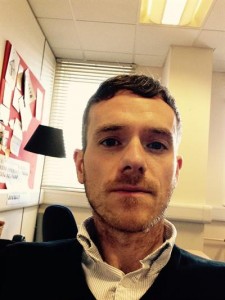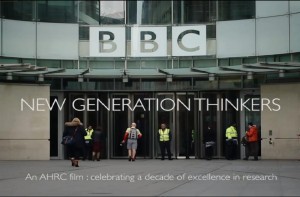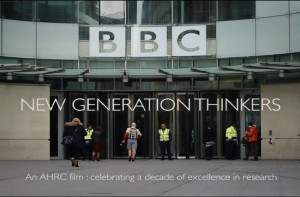The Student Research Assistantship (SRA) scheme is still open for academic applications.
Academics are invited to submit applications for the semester-based round of the SRA programme.
The programme is funded by the Fusion Investment Fund and will still have two programme rounds, semester-based and summer programme. The scheme has been re-focused to support departments in their co-creation targets whilst supporting students to undertake paid work under the guidance of an experienced academic in a research position that is directly related to their career path and/or academic discipline.
Semester-based programme
This placement is for successful students to work for 15 hours a week for a total of eight weeks between 16th January 2017 and 7th April 2017. This programme will have the capacity for approximately 45 placements.
The SRA programme is coordinated via RKEO and the Faculties.
Academics will apply for the funding via an application form. A Faculty based panel will review all staff applications and decide which applications to continue to the student recruitment stage of the scheme. The application deadline for this round is 24th October 2016.
Each academic application will be marked against the following criteria:
- Student-centred
- Co-creation and co-production
- Fusion
- External engagement
- Impact
- Cross-Faculty
Approved academic applications will be advertised as SRA positions to students with student applications being received, processed and managed centrally within RKEO and distributed to the relevant academics after the closing date. The academics will be responsible for shortlisting, interviewing and providing interview feedback to their own candidates. Successful students will need to complete monthly timesheets, signed by their supervisor for payment.
These SRA vacancies will be available to taught BU students only, where SRA applicants must be able to work in the UK, be enrolled during the time of their assistantship and also have an average grade of over 70%. Staff can have multiple SRAs.
If you have any queries, please contact Rachel Clarke, KE Adviser (KTP and Student Projects) – sra@bournemouth.ac.uk

 BU’s Dr Sam Goodman is one of AHRC’s New Generation Thinkers, having won the award last year. He features in
BU’s Dr Sam Goodman is one of AHRC’s New Generation Thinkers, having won the award last year. He features in  BBC Radio 3 and its programmes
BBC Radio 3 and its programmes 
 How many acronyms can you fit in one title? The EPSRC are holding two two-day
How many acronyms can you fit in one title? The EPSRC are holding two two-day 

 Every BU academic has a
Every BU academic has a 
 As part of the
As part of the 


 Are you an Early Career Researcher? Would you like the opportunity to develop the skills to tell the story of your research to new audiences?
Are you an Early Career Researcher? Would you like the opportunity to develop the skills to tell the story of your research to new audiences? Is your new academic year resolution to improve your research profile and network visibility?
Is your new academic year resolution to improve your research profile and network visibility?











 TANGERINE project has lift off with BPC Indian Community!
TANGERINE project has lift off with BPC Indian Community! Postgraduate Research Experience Survey (PRES) 2024 – Closing today
Postgraduate Research Experience Survey (PRES) 2024 – Closing today THE INNOVATION COMMON ROOM: Going Old School
THE INNOVATION COMMON ROOM: Going Old School Cybersecurity Learning through Game-Based Mechanisms
Cybersecurity Learning through Game-Based Mechanisms Apply for up to £1,000 to deliver an event and take part in a national festival of public engagement with research
Apply for up to £1,000 to deliver an event and take part in a national festival of public engagement with research MSCA Postdoctoral Fellowships 2024
MSCA Postdoctoral Fellowships 2024 Horizon Europe News – December 2023
Horizon Europe News – December 2023